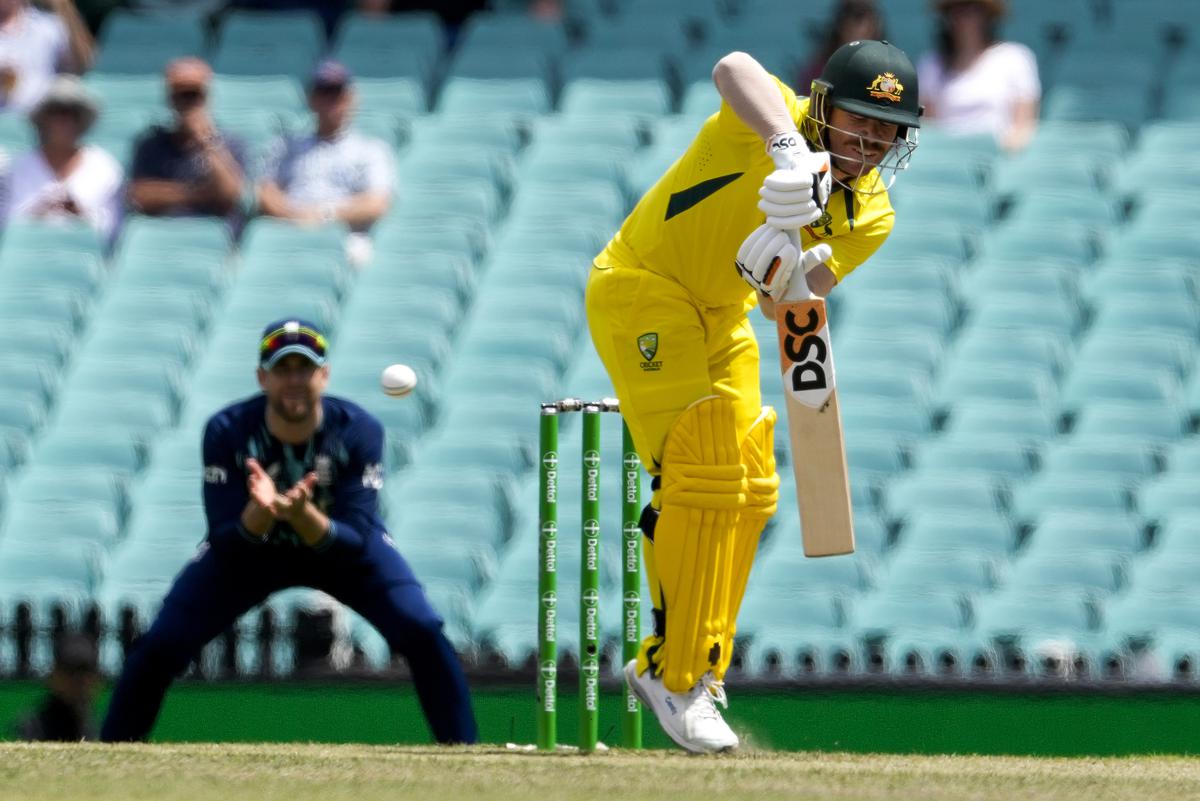Australia’s David Warner bats during the one day cricket international between England and Australia at the Sydney Cricket Ground, in Sydney, Australia on November 19, 2022.
| Photo Credit: AP
Opener David Warner may be able to overturn his lifetime leadership ban after Cricket Australia voted on Monday to alter its code of conduct.
In a statement, Cricket Australia said players or officials subject to lifetime bans would now be able to have those sanctions reviewed if they demonstrate remorse and evidence of good behaviour.
Warner was banned from ever holding a leadership position for his role in the 2018 ball tampering scandal in South Africa.
The new systems announced Monday might allow him to almost immediately apply to a panel of three code of conduct commissioners to review his ban.
In an amendment, the code of conduct now “acknowledges that players and player support personnel are capable of genuine reform or rehabilitation and is intended to provide the player or player support personnel with an opportunity to resume their previously held positions or responsibilities in specific circumstances.”
The change might allow Warner to lead Australia if, as expected, current Twenty20 captain Aaron Finch steps down in the near future. The Sydney Thunder also appear to be considering Warner for a leadership role when he plays for the franchise in the Big Bash League in January.
“Under the changes, players and support staff can now apply to have long-term sanctions modified,” Cricket Australia said in a statement. “Any applications will be considered by a three-person review panel, comprising independent code of conduct commissioners which must be satisfied that exceptional circumstances exist to justify modifying a sanction.
“These circumstances and considerations will include whether the subject of the sanction has demonstrated genuine remorse; the subject’s conduct and behavior since the imposition of the sanction; whether rehabilitation programs have been completed undertaken (if applicable) and the length of time that has passed since the sanction was imposed and whether sufficient time has passed to allow for reform or rehabilitation.”




